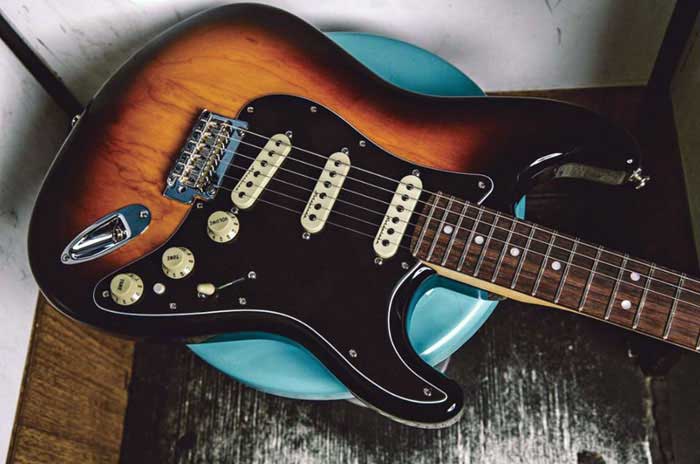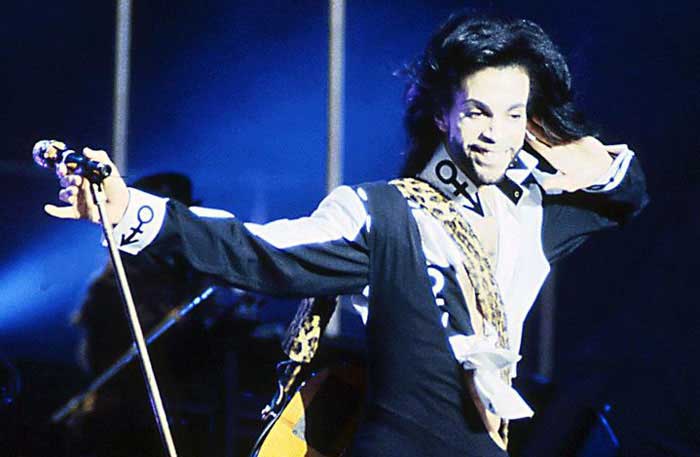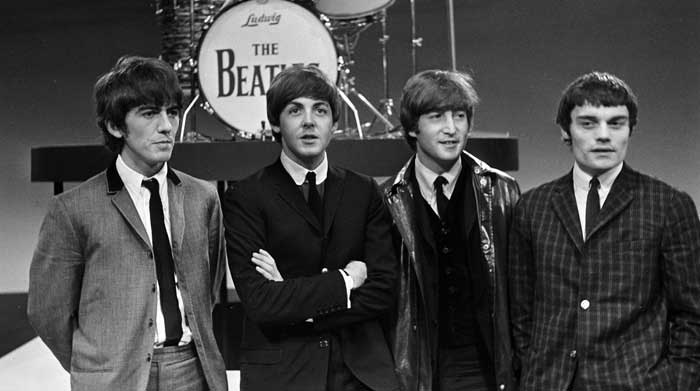Well-known singing competition organized by Radio Malaya named Talentime in the 1950's ignited huge following from citizens of Singapore and Malaysia. Many amateur singers started forming local bands to produce locally made music. The next decades saw the growth in live performance music and successful album launches followed by crowd warming audience.
In the 1960's it was known as the Golden Age for Singapore local music scene. A performance by Cliff Richard's rock band and their collaboration with local Singapore band was monumental. It provided inspiration to immature music enthusiasts to establish local Singapore bands. Thus began the growth of Singapore's music scene, famous for producing local talents like The Quests as well as The Thunderbirds. Their debuts in the early sixties broke many records. The Crescendos were the first ever local band to establish a partnership with renowned music record label Philips International. The Quests hit singles had been at the pinnacle of Singapore music charts for twelve consecutive weeks. Invitations poured in to the bands to conduct their performance overseas. Malay bands were extremely popular in the sixties as well. A local hit named Pop Yeh-Yeh, which is a unique blend of rock and Malay melody, provided heavy influence to subsequent hit bands such as Siglap Five. They had conducted performance all over Malaysia, including perfoming to a royal family in Malaysia. Malay rock band Sweet Charity had enjoyed success for more than 20 years up till the eighties.
In the 1970's, it was a period of rapid decline for the local music scene. There are a couple of reasons for the decline. First reason would be the independence of Singapore in achieved in 1965. British military soldier began returning to their home country and demand for band performance fell dramatically at the clubs. Another reason is the rise of the hippie culture. Singapore government has openly discouraged local young males from keeping a long hair as they are concerned with the hippie culture's association with drugs and sex. Singapore government proceeded to ban rock bands from performing in Singapore in order to curb the hippie culture from spreading. Popular band Bee Gees had been ordered to leave immediately after their performance in Singapore. Many local bands' careers were unstable and many disbanded as well. Most went to overseas for greater opportunities.
In the 1980's, a hit song composed by the famous Tokyo Square named Within You'll Remain reignited Singapore music atmosphere. It was covered by Chyna lead singer and was a success with the combination of many instruments combined, including a Chinese zither.
A total of 5 Singaporean bands combined forces to release Class Acts, a hit music record which went to sell more than ten thousand copies. It was also extremely popular in Thailand with more than one thousand copies sold. Within You'll Remain even topped the Thai music charts. The song production was troubled due to music piracy when illegal vendors starting selling pirated music cassettes.
In the 1990's, it was a period where music which are non-mainstream began to flourish. “So Happy”, a hit song composed by The Oddfellows topped the local chart for the Singapore famous radio station. They were one of the first music producers to create and provide self-funding for their first album. BMG, a renowned record label subsequently bought over the distribution rights. The album sold well, and is a huge achievement to the local band. It sold over 2,000 records locally and propelled the bands into stardom. The Padres, an independent rock band, was the first local English music band to form a partnership with Rock Records. For much of the 90's, many bands were formed and they started producing non-mainstream rhythm categories such as garage rock and punk. The older generation may have recalled several of the bands such as Force Vomit or Concave Scream.
From the 70's to 90's, music piracy hit the local Singapore music scene hard and many bands were unable to achieve commercial success. Local support was not encouraging as well. The pinnacle of the local music scene will always be in the sixties which all Singaporeans can be proud of.




